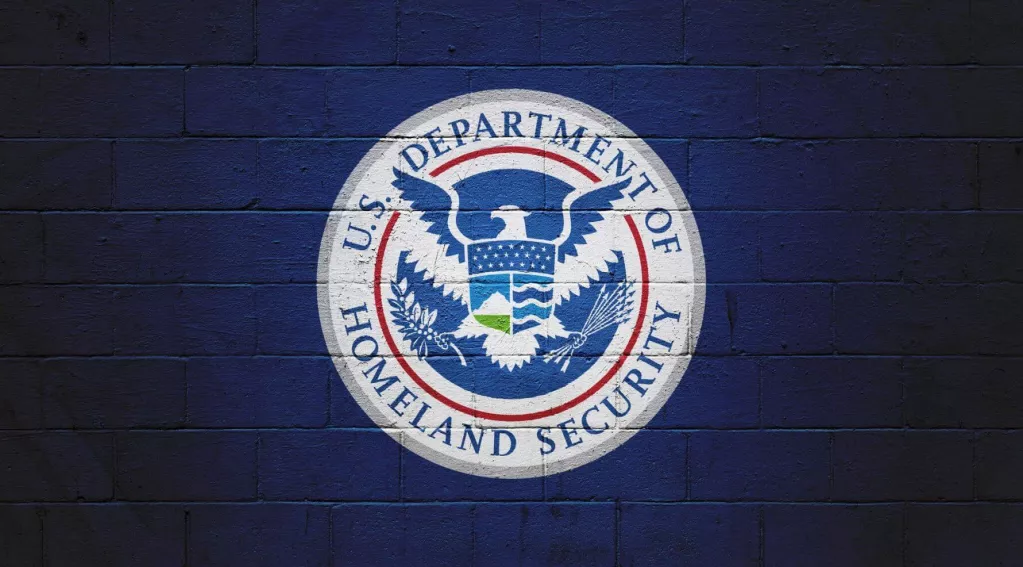The Public Charge Rule is a Fundamentally American Concept

On September 22, the Department of Homeland Security announced a proposal to change how the “public charge” rule is applied to prospective immigrants. Under Section 212(a)(4) of the Immigration and Nationality Act (INA), individuals seeking admission to the United States are deemed inadmissible if they are considered likely to become a public charge.
According to DHS, a public charge refers to a person “who is likely to become primarily dependent on the government for subsistence, as demonstrated by either the receipt of public cash assistance for income maintenance or institutionalization for long-term care at government expense.”
Considering a person’s ability to take care of themselves as a necessary precursor for a green card is in no way a new or radical concept. From the founding of our Republic, to the passage of the Immigration Act of 1882, then later the Immigration and Nationality Act of 1965 and beyond, it has always been a basic understanding that people must be able to provide for themselves and their families in order to be considered a productive member of society.
In order to determine if an immigrant is inadmissible as a likely public charge, the federal government is supposed to weigh the likelihood of a potential immigrant becoming reliant on specific federal welfare programs.
For example, an applicant that is a 68-year-old with an extensive medical history (or who is already on some form of public welfare), little or no verifiable income, and no health insurance would be deemed likely to become a public charge, and therefore inadmissible. However, if the same applicant showed an ability to cover their potential expenses through means such as a pension account, sufficient health insurance, strong employment history and/or an education that suggests they could easily find substantial work, then they would likely be deemed admissible.
In recent years, the public charge rule has been largely ignored by the federal government. The Trump administration is simply proposing that we follow these guidelines once again and reasonably expand them to other related programs. If the proposal is approved in full, it would be expanded to include very expensive benefits such as Medicaid, Supplemental Nutrition Assistance Program (SNAP), Medicare Part D, and some housing programs.
The solvency of our public welfare programs depends on having enough people paying into the system to support those who receive benefits. While a well-funded network of advocacy groups insist that we must accept all immigrants – regardless of their ability to support themselves – their political agenda comes with an unacceptable price tag for our already overwhelmed welfare system. And since modern welfare programs were designed to protect vulnerable Americans, it only makes sense that we take the necessary steps to preserve them.

